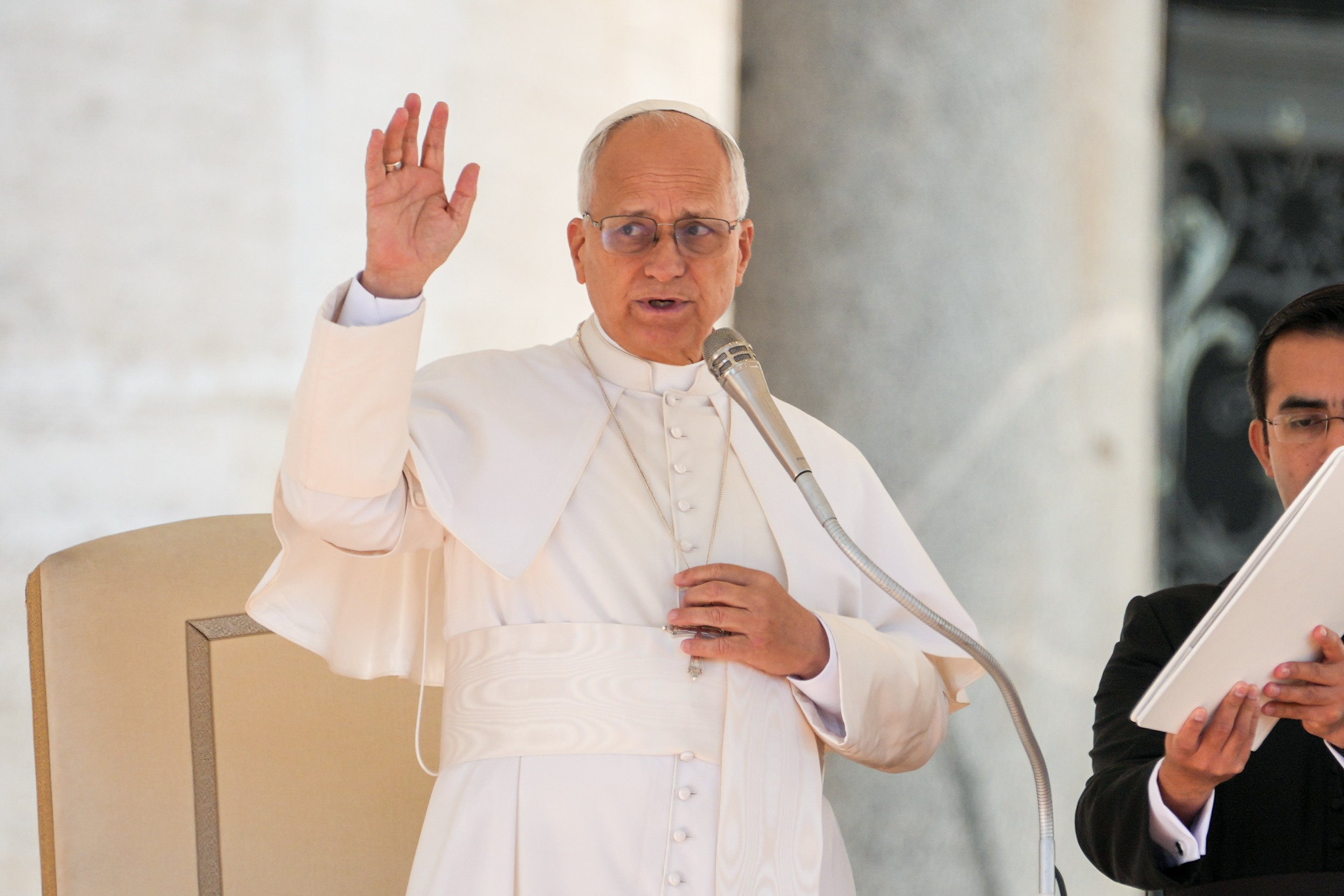May 18, 2018 at 7:56 p.m.
(Editor's note: This column is based on the Scripture readings Exodus 24:3-8; Ps 116; Hebrews 9:11-15; and Mark 14:12-16,22-29.)
There is a famous story about a meeting between two famous Southern writers of the 20th century — Flannery O’Connor and Mary McCarthy — at a party. Flannery O’Connor, a great Catholic short story writer, recounts her encounter in "The Habit of Being."
She writes: “Toward morning the conversation turned on the Eucharist, which I, being the Catholic, was obviously supposed to defend. [Mary McCarthy] said when she was a child and received the host, she thought of it as the Holy Ghost, He being the 'most portable' person of the Trinity; now she thought of it as a symbol and implied that it was a pretty good one.
"I then said, in a very shaky voice, 'Well, if it's a symbol, to hell with it.' That was all the defense I was capable of but I realize now that this is all I will ever be able to say about it, outside of a story, except that it is the center of existence for me; all the rest of life is expendable."
If the Eucharist is merely a symbol, if it’s merely a nice thing to show community and unity among people, then we as Catholics are wasting our time.
The Eucharist, on which we as Church put our explicit focus this Sunday for the feast of Corpus Christi (the body and blood of Christ), is not symbolic of Jesus’ presence. The holy Mass is not just a reenactment of what Jesus did at the Last Supper. The Mass is the celebration of the paschal mystery — the passion, death and resurrection of the Lord — every time it is celebrated.
Do we understand what (or who) the Eucharist is? Do we know that, after the consecration at Mass, is not just bread and wine, the outward appearance of the sacrament, but is truly, substantially, Jesus’ body and blood? If we do, perhaps our approach to the Eucharist will change. We will approach the altar to receive our Lord with reverence and devotion.
We can find out what the Church teaches about the Eucharist in the Catechism of the Catholic Church. Let’s examine two little sections:
* Quoting the Council of Trent, the Catechism declares: "Because Christ our redeemer said that it was truly His body that He was offering under the species of bread, it has always been the conviction of the Church of God, and this holy council now declares again, that by the consecration of the bread and wine there takes place a change of the whole substance of the bread into the substance of the body of Christ our Lord and of the whole substance of the wine into the substance of His blood. This change the holy Catholic Church has fittingly and properly called transubstantiation."
Transubstantiation is the key doctrine to understand as Catholics when it comes to the Eucharist. It looks like, tastes like and is under the form of bread and wine; but what it really is, at its substance, is Christ, fully sacramentally present for us and for our salvation.
* Another key to understanding what Catholics believe about the Eucharist comes from the Catechism: “The eucharistic presence of Christ begins at the moment of the consecration and endures as long as the eucharistic species subsist. Christ is present whole and entire in each of the species and whole and entire in each of their parts, in such a way that the breaking of the bread does not divide Christ.”
This is among the many things that separates Catholic thinking on the Eucharist from that of Protestant thinking. In our churches, we have a tabernacle in which we reserve the Eucharist because, even after the Mass is over, the presence of Christ still abides in the Eucharist. For many of our Protestant brethren, the belief is that, when the liturgy is over, the Eucharist reverts back to merely being bread and wine.
This Corpus Christi, may we, each in our unique Christian vocations, grow in reverence for the Lord Jesus Christ truly, substantially present in the Eucharist.
Through our reverent participation at Mass and through time spent in prayer before the Blessed Sacrament, may we prove to the world that our Lord Jesus, the true bread come down from heaven, is with us, and may we have the courage and strength to help make the Lord known and loved at every moment, even until the end of time.
- Dig deep and work patiently to keep church on solid foundation, pope says
- Portland archbishop on ICE: Human dignity comes from God, not government
- Christian hope shows the earth can resemble heaven, pope says
- Washington Roundup: Election shifts; Venezuela vote; transgender passports, and more
- Novel highlights power of art and music as a salve to troubled humanity
- Supreme Court sides with Trump administration to temporarily block full funding for SNAP
- Former diocesan fundraising director indicted on wire fraud for alleged 6-figure theft
- Love is key to church’s mental health ministry, says bishop who lost family to suicide
- Caring for creation is part of peacemaking, pope tells COP30
- Security for Syria’s religious minorities is disastrous, say religious freedom advocates








Comments:
You must login to comment.